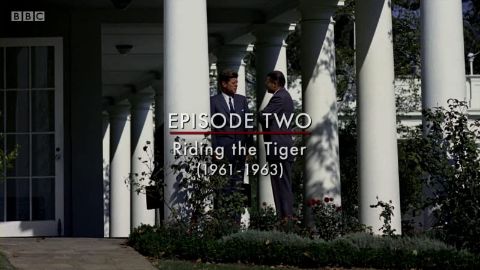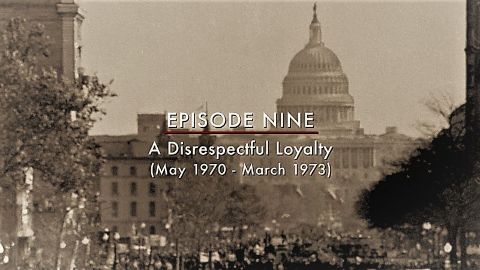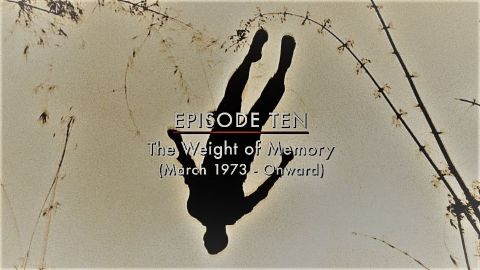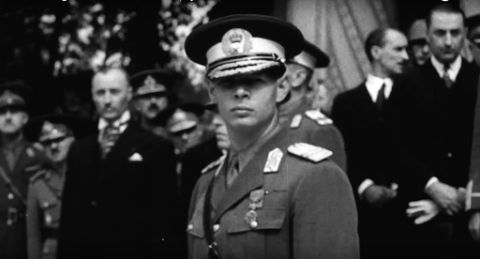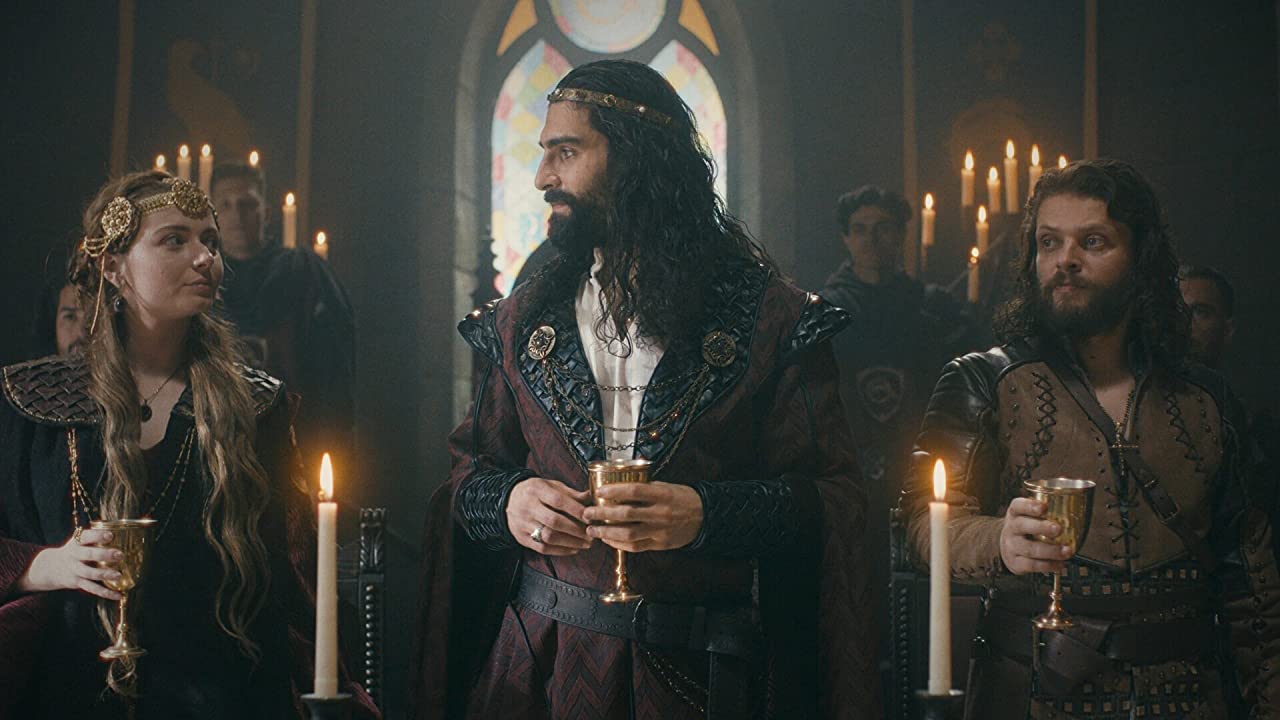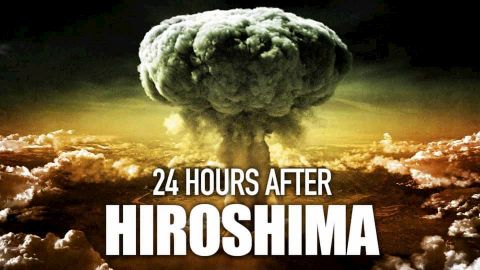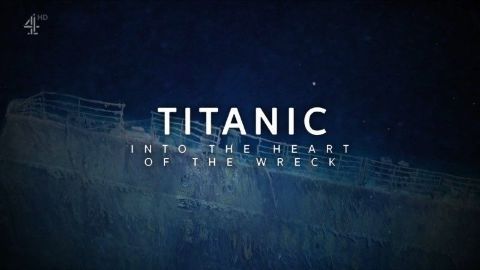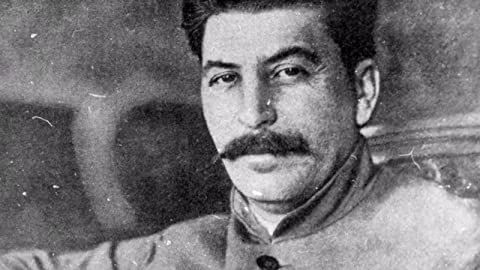In the Name of Christ
The times were turbulent around 1100 AD, when West-Roman Christianity was spreading out in all directions. The Crusades were part of it - perhaps the most important, certainly the best known. The advance of the Islamic Selchuks could not be stopped, especially their attacks on the travel routes of the pilgrims, who were on their way to the holy Christian sites. When news of raids mounted, the Patriarch of the Eastern Roman Church Alexios I asked Rome for help. Even then, Christianity was divided - not into Catholics and Protestants, but into the Eastern Roman (Orthodox) and Western Roman Churches. The Crusades took place in the middle of tension between these different interest groups. The expansion of the West Romans cut a swath through the Islamic territories, which had by then reached the climax of their development. The Byzantine realm increasingly lost its importance. It was not a battle of cultures, not a struggle against Islam, but a chaotic confrontation of warlords and princes. The main goal of the crusades – the conquest of Jerusalem – was soon forgotten, and the first conquest ended with bloodbaths among the civilian population that are still notorious today. The following crusades were equally infamous and far from an honor to Christianity.
This program examines the forces behind European determination to capture Palestine, linking the belligerence of medieval Crusaders with their piousness. Drs. Klaus Herbers of Friedrich Alexander University and Patrick Franke of Martin Luther University draw surprising parallels between East and West, focusing on martyrdom as a vital component of the Crusader's motivation, interreligious notions of knightly behavior, and cases of negotiation and cultural exchange despite numerous atrocities and military disasters. Without neglecting the harsh realities of the Crusades, In the Name of Christ presents a fresh perspective on the medieval clash of Christian and Islamic powers.
S1E1 •
The Holy Wars: War and Religion •
2004 •
History

